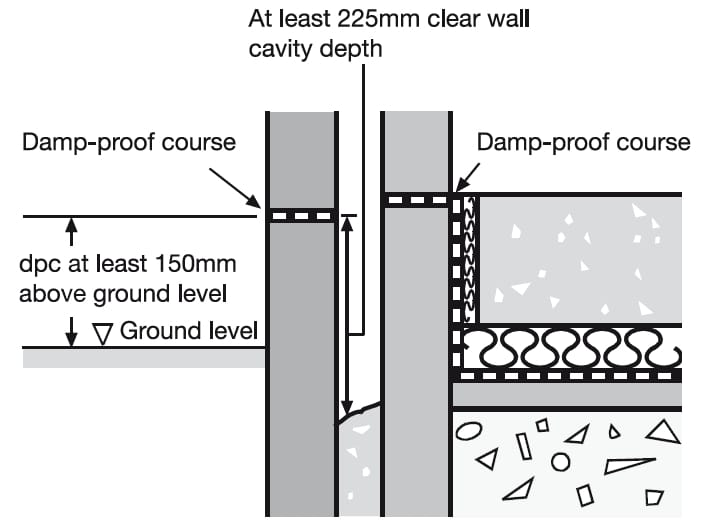
Unveiling the Benefits of Design-Build-Construct (DPC) Courses in Modern Home Construction
Building a house is a complex and intricate process that requires a combination of skills in design, construction, and project management. In recent years, the Design-Build-Construct (DPC) approach has gained popularity as a holistic and efficient method for creating residential spaces. This integrated approach, often taught in dedicated courses, offers a myriad of advantages for those embarking on the journey of building a home.
- Streamlined Collaboration: DPC courses emphasize collaboration among architects, engineers, and construction professionals from the project’s inception. This collaborative approach ensures that all stakeholders work seamlessly together, minimizing communication gaps and streamlining decision-making processes. This integrated teamwork often results in more efficient problem-solving and a smoother project flow.
- Cost-Efficiency: One of the standout advantages of DPC courses is the focus on cost-efficiency throughout the entire construction process. By involving all key players from the design phase, potential issues are identified early on, reducing the likelihood of costly changes later in the project. This proactive approach helps keep the budget in check and avoids unexpected expenses.
- Time Savings: Traditional construction projects often involve a sequential process where design, bidding, and construction are separate phases. In contrast, DPC integrates these stages, allowing for parallel workstreams. This concurrent approach significantly reduces the overall project timeline, making DPC an attractive option for those looking to expedite the construction of their homes without compromising quality.
- Quality Control: DPC courses stress the importance of maintaining high-quality standards throughout the entire project. With all professionals collaborating closely, there is a greater emphasis on accountability and a shared commitment to delivering a superior end product. This focus on quality control ensures that the constructed house meets or exceeds the client’s expectations.
- Adaptability to Changes: Flexibility is a key component of DPC courses. In the dynamic field of construction, changes are inevitable. The integrated nature of DPC allows for more agile responses to alterations in the project scope or design. This adaptability ensures that modifications can be made swiftly and efficiently without causing significant disruptions to the construction timeline.
- Client Satisfaction: Ultimately, the success of a construction project is measured by the satisfaction of the client. DPC courses instill a client-centric approach by involving them in the decision-making process and keeping them informed at every stage. The increased transparency and collaboration often result in a more positive experience for homeowners, enhancing overall satisfaction.
- Sustainable Practices: Many DPC courses incorporate sustainable and eco-friendly design and construction practices. This reflects the growing demand for environmentally conscious building solutions. Homeowners benefit not only from a residence built to higher environmental standards but also from potential long-term cost savings through energy-efficient design and construction.
Conclusion:
As the demand for efficient, cost-effective, and sustainable construction methods grows, the advantages of DPC courses in building houses become increasingly evident. From enhanced collaboration and cost-efficiency to time savings and client satisfaction, the holistic approach of DPC offers a compelling solution for modern home construction. Aspiring homeowners and industry professionals alike stand to gain from the integration of DPC principles into their projects, paving the way for a new era in residential construction.

